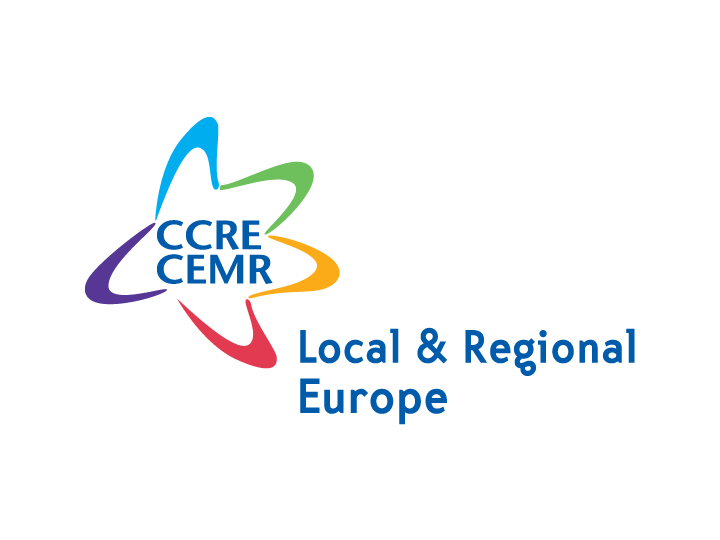CEMR Employers’ Platform and EPSU welcome EU guide for application of social criteria to public procurement
The Council of European Municipalities and Regions' Employers' Platform (CEMR-EP) and the European Federation of Public Service Unions (EPSU) welcome the European Commission Guide on socially responsible public procurement (SRPP) as a tool to better explain how social criteria could be applied to public procurement and to help socially responsible purchasing.
However, in the context of the current revision of public procurement rules, the CEMR-EP and EPSU recall that benefits such as employment opportunities, collective agreements, universal access to services and fair trade will be felt throughout the procurement contract's lifespan if a more socially responsible procurement policy and the guide's good practices are adopted.
Moreover, EPSU and the CEMR-EP emphasise that the delivery of quality and sustainable services to citizens is the primary objective of public procurement and that local authorities must be able to determine how best to deliver services within their capacity.
Against the background of the on-going economic crisis and austerity measures, local and regional authorities may be pressured to go for lower prices yet this may compromise the quality and sustainability of services and goods and put pressure on wages, working conditions and collective agreements. Thus, public authorities and trade unions will have to ensure that quality public services are high on the agenda so that citizens are not the first affected by the economic crisis.
'It is therefore all the more important that EPSU and CEMR-EP play a leading role in recalling the benefits that arise when contracting authorities use SRPP as a lever to promote social concerns such as employment, skills training, equality and social inclusion – influencing the market in a positive direction," underlines Steve Comer, chair of the CEMR Employers' Platform and Eastville city councillor (Bristol City Council).
In that respect, socially responsible public procurement should enhance the development of higher standards for social public policy objectives in Europe. It should also help contribute to a fair social market economy and raise awareness on the possibilities of driving social standards upwards, all of which are necessary when considering the social and economic crisis Europe is currently undergoing.
Anders Hammerbäck, president of the EPSU Local and Regional Government Standing Committee and senior advisor at the Swedish Union of Local Government Officers, 'There is no doubt that we will make sure that SRPP will push for the promotion of employment opportunities (for youth, the long-term unemployed, migrants, people with disabilities), of decent work, of the respect of collective agreements, of the universal access of services and of fair trade. Without these aforementioned elements, our European social model will be meaningless."
See CEMR-EP and EPSU Joint Statement on the EC Guide on socially responsible public procurement – June 2011
Contact:
Emilie Melvin
Press Officer
Council of European Municipalities and Regions
Square de Meeûs 1, B-1000 Brussels
Tel. + 32 2 500 05 34
Email: emilie.melvin [at] ccre-cemr.org
Press Officer
Council of European Municipalities and Regions
Square de Meeûs 1, B-1000 Brussels
Tel. + 32 2 500 05 34
Email: emilie.melvin [at] ccre-cemr.org
Pablo Sánchez Centellas
Policy Officer, Communications, Public Relations, Liaison with EP and Youth.
European Federation of Public Service Unions
Policy Officer, Communications, Public Relations, Liaison with EP and Youth.
European Federation of Public Service Unions
45 rue Royale, Box 1, 1000 Brussels
Tel.: +32 2 250 10 89
Tel.: +32 2 250 10 89
GSM: + 32 4 74 62 66 33
Email: psanchez [at] epsu.org
Email: psanchez [at] epsu.org
rn

Climate, Sustainable Finance Officer





